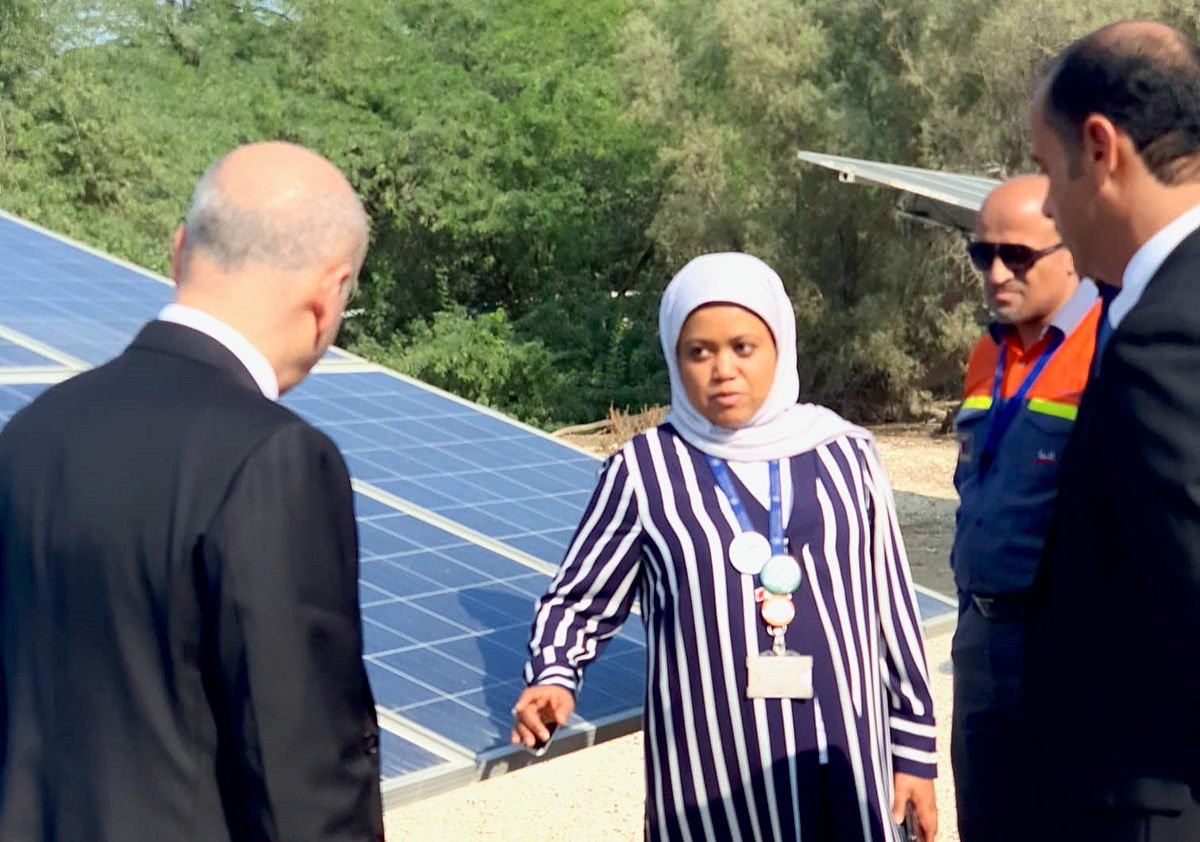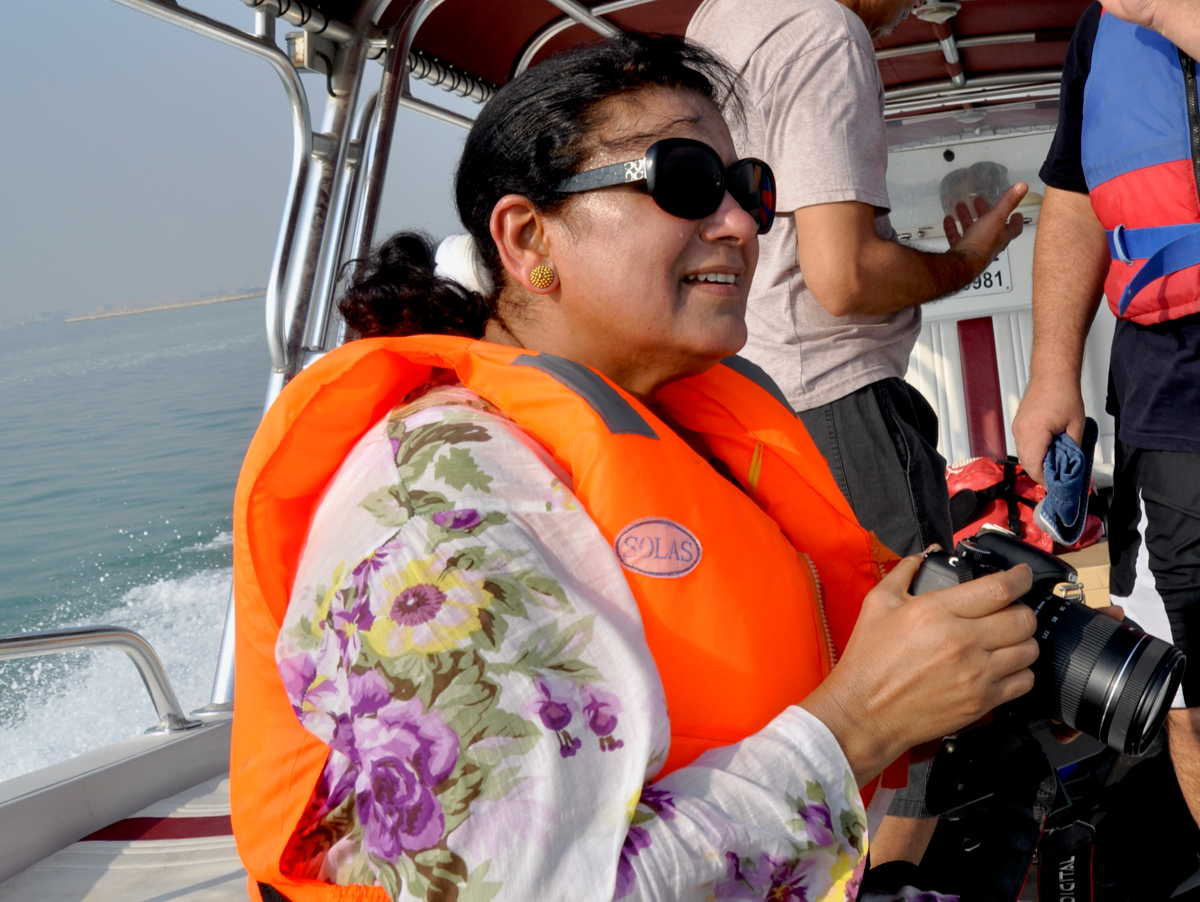Bahraini women leading the way in climate action
Date:
Science and gender equality are both essential for sustainable development. Yet women and girls continue to be excluded from participating fully in science: less than 30% of researchers worldwide are women.
This year, the theme for International Women’s Day is, “Gender equality today for a sustainable tomorrow”, recognizing the contribution of women and girls around the world, who are leading the charge on climate change adaptation, mitigation, and response, to build a more sustainable future for all.
“The major challenges the world faces today, from COVID-19 to climate change, need our brightest scientific minds to solve them. However, only one in three scientists is a woman. This glaring disparity does not just hamstring our ability to find solutions to our common challenges, it keeps us from building the societies we need. And the disparity is systemic,” reads a joint message by Sima Bahous, Executive Director of UN Women and Audrey Azoulay, Director-General of UNESCO.
On the occasion of the International Day of Women and Girls in Science, celebrated annually on February 11, and in the lead up to International Women’s Day (8th March), we highlight two renowned Bahraini scientists who are leading the way for other women and girls in their country and across the region.
“Women who want to work in science must show resilience not to give up despite the obstacles:” Hanan Mubarak Albuflasa

Hanan Mubarak Albuflasa is the Head of the Physics Department at the University of Bahrain. With Master's Degree and a PhD in Renewable Energy, she established renewable energy laboratories and a Higher Diploma Program in Meteorology at the University of Bahrain. She has contributed to several local and international publications, including Bahrain’s Human Development Report.
“It is true that societal barriers sometimes prevent Bahraini women from pursuing a scientific career. Ironically, whilst women outnumbered men in science majors at the University of Bahrain, they are substantially outnumbered by their male colleagues when it comes to careers.
I have seen many female high-academic achievers, who preferred not to pursue a scientific career and instead chose to go with less demanded jobs because they had to put their families first.
I have also seen women scientists abandoning their careers because they couldn't achieve a work-life balance. This reality has been used to argue for not hiring women in science-related jobs. It happened to me personally when I was refused a position because, allegedly, I would not be able to work during night shifts. Women who want to work in science must show resilience not to give up despite the obstacles.”
“As Bahraini women in science, we have an essential role to play:” Sabah Saleh AlJenid

Sabah Saleh Aljenid is a Geo-Informatics associate professor at the Graduate School of the Arabian Gulf University in Bahrain. She holds a master's degree in Geographic Information Systems, a master’s degree in Desert Resources and Hydrology, and a Ph.D. in Environmental Studies. Ms. Aljenid has published research papers on the effects of climate change on the coastal areas of Bahrain. As a member of Supreme Council for Women of Bahrain, she’s leading a research team for a study on future jobs and gender balance. She also works closely with different United Nations organizations as an expert in the field of climate change.
''I hope to see more women getting into modelling, IT coding, programming, and artificial intelligence. Women and girls must pursue their scientific aspirations. But they need to be goal-focused and exceptional hard-workers to succeed. This is precisely what I have done.
I do not see structural barriers preventing women and girls from entering and advancing in science in Bahrain. As a climate scientist interested in environmental crises, I believe that there are yet some challenges to address in Bahrain such as road networking and renewable energy infrastructure, and as Bahraini women in science, WE have an essential role to play in this.”